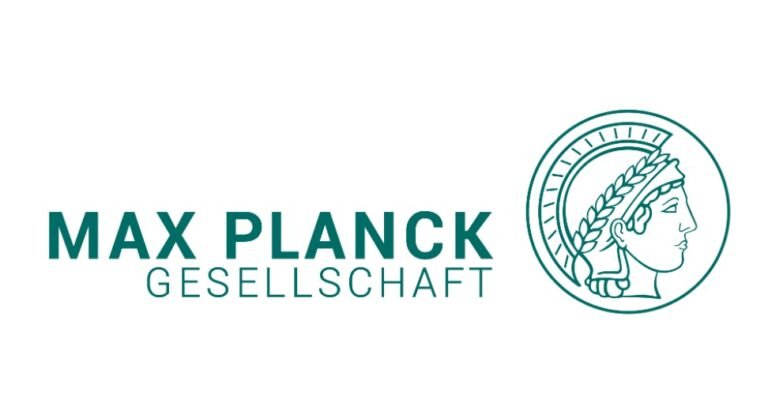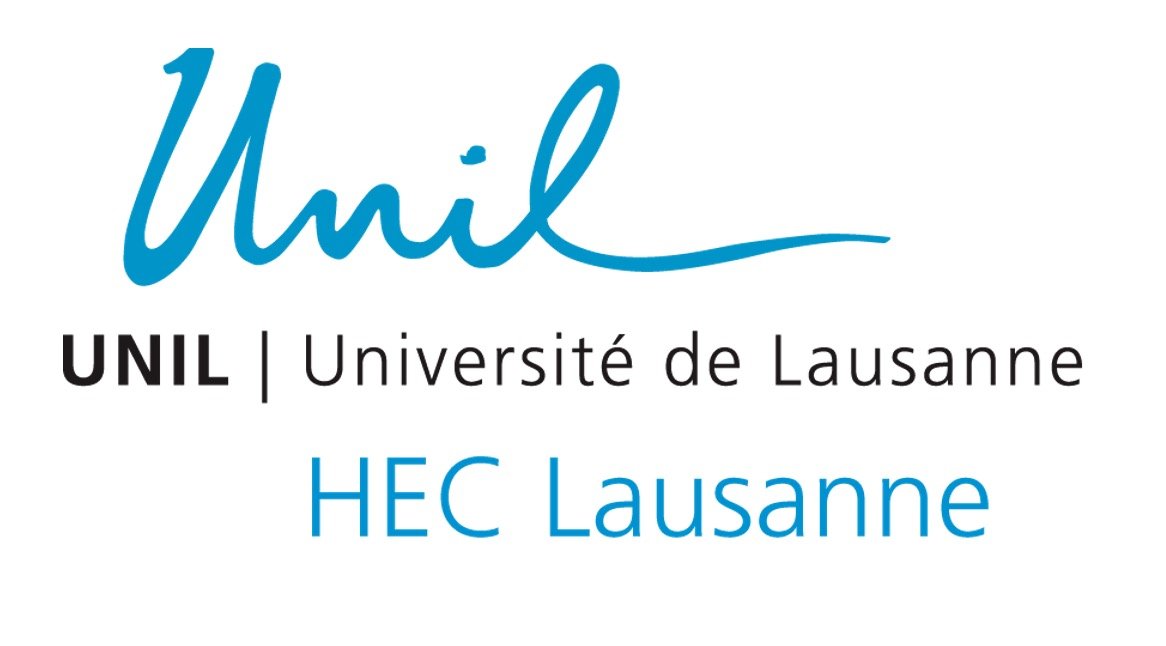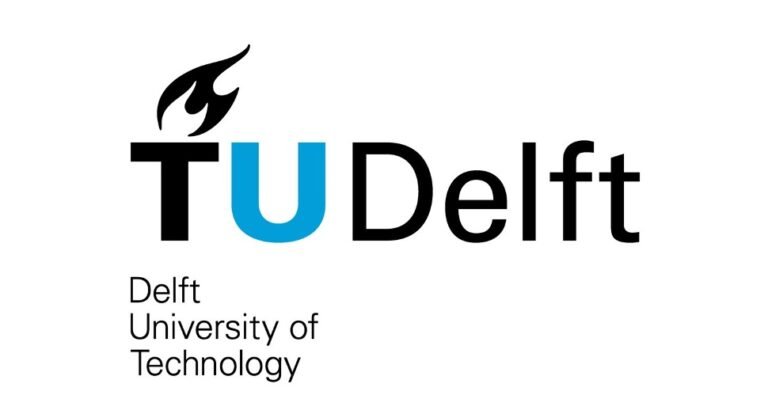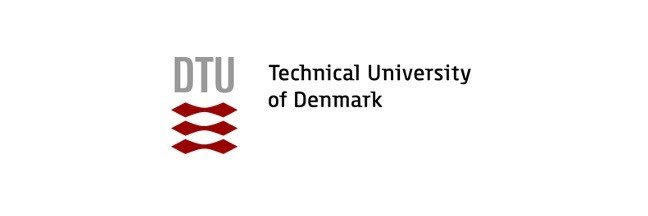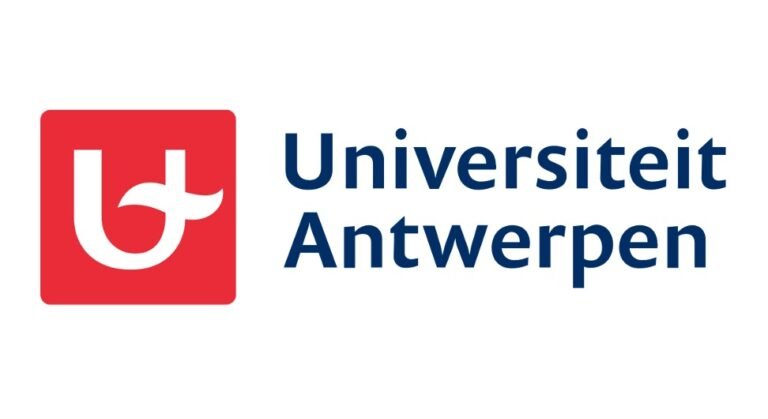The Department of Criminal Law at the Max Planck Institute for the Study of Crime, Security and Law in Freiburg im Breisgau, Germany (Director: Prof. Dr. Tatjana Hörnle) is seeking to recruit a Postdoc (f/m/d) at the earliest possible starting date.
Background
The Max Planck Institute for the Study of Crime, Security and Law is dedicated to fundamental research in the fields of criminal law, criminology and public security. The Institute is part of the Max Planck Society for the Advancement of Science – one of the most prestigious research organizations worldwide. The high standard of fundamental research is reflected in the 31 Nobel Prizes awarded to Max Planck scientists.
The research conducted in our three departments (Criminal Law, Criminology, and Public Law) is comparative, international, and interdisciplinary. The scientists in the Department of Criminal Law conduct research in the field of transnational criminal law theory: They analyze the normative foundations and functions of criminal law in contemporary societies and focus on current challenges that arise in similar ways in different legal systems. The aim is to develop solutions in order to further advance criminal law rules and regulatory practices. With its world-renowned, specialized library, the Institute offers an ideal environment for theoretical, doctrinal, and empirical research.
The Institute, with its approximately 150 employees, is located in Freiburg im Breisgau (Germany), a dynamic university city with a 900-year history. The city in the trinational border region (Germany, Switzerland, and France) impresses newcomers with its high quality of life and international flair. Freiburg ranked third on Lonely Planet’s “Best in Travel 2022” list of the top ten city destinations in the world.
Your profile
The candidate has experience in the field of criminal law theory, philosophy of criminal law, or comparative criminal law. The necessary requirements for an application are:
- You have an outstanding academic / publication record that fits the research interests of the Department of Criminal Law;
- You have a strong interest in interdisciplinary research;
- You have a doctorate with excellent results in law, in related humanities, or in the social sciences. Your PhD dissertation in English or German will have been awarded ”summa cum laude” or the highest grade in another grading system.
Candidates with a state examination in law could pursue a habilitation (post-doctoral lecturing qualification) if they meet the necessary requirements.
Speaking German is an asset but not a prerequisite for the position.
Our offer
Postdocs at the Max Planck Institute for the Study of Crime, Security and Law in Freiburg are expected to develop their own research projects. They can use the excellent research infrastructure and the scientific support services of the Institute. They are given ample time to publish their own work and to advance their own academic careers. In addition, a reasonable amount of participation in and contribution to the research, publications, and academic activities of the Department of Criminal Law is expected.
Our Institute offers unrivaled research conditions: access to an outstanding, specialized library (with approximately 500,000 volumes and 1100 print journals) as well as access to a comprehensive range of German and foreign case law and literature databases, excellent workplaces, and comprehensive administrative and academic support. Collaboration with other researchers and international partners at the Institute is a key element of our work. Additionally, there are many opportunities for our researchers to participate in workshops, attend seminars and conferences, and liaise with world-renowned experts at the Institute and as part of the Max Planck Law network.
We offer a fully funded research position with no teaching obligations. Remuneration and social benefits are based on the German Civil Service Collective Agreement (TVöD Bund), pay category 13 (entry level depending on prior experience). The salary includes all mandatory social insurance contributions for health care, long-term care, unemployment, and retirement.
The initial contract is a fixed-term appointment for two years. An extension by the Institute is both possible and desirable, provided there is clear progress in the scientist’s career, particularly demonstrated through scientific publications. The regulations of the Wissenschaftszeitvertragsgesetz (WissZeitVG) apply, allowing an extension of up to six years.
The place of employment is Freiburg im Breisgau (Germany). The Max Planck Society is committed to ensuring the compatibility of family and career and can offer flexible working arrangements, including remote work. There are a number of daycare spots at a nearby childcare facility. Generous opportunities for personal and career development are provided.
The Max Planck Society is an equal opportunity employer and supports diversity in the workplace. Applications from disabled persons are welcome. We also aim to increase the percentage of female staff members in fields in which they are underrepresented and therefore expressly encourage women to apply. Applications are also particularly welcome from persons with backgrounds that have so far been underrepresented in science and research with regard to gender, age, professional and cultural background, family situation, sexual orientation, and nationality.
Your application and further information
Your application is written in either English or German and contains the following documents:
- cover letter including your research interests and relevant work experience;
- research proposal (max. three pages);
- detailed CV;
- list of publications;
- copy of the doctoral dissertation;
- additional publications (max. 2) , if relevant to the application;
- transcripts of your academic achievements at university and, where applicable, work certificates;
- names and contact details of at least two (former or current) professional supervisors who have agreed to provide a reference.
Please submit your application via our online application portal by the closing date of 31 January, 2025. Please apply via our ‘I would like to apply’ button on the bottom left of the job ad.
Interviews with shortlisted candidates are planned for February, 2025.
If you have any further questions, please do not hesitate to contact Dr. Annika Hampel, Recruitment Officer (a.hampel@csl.mpg.de).
